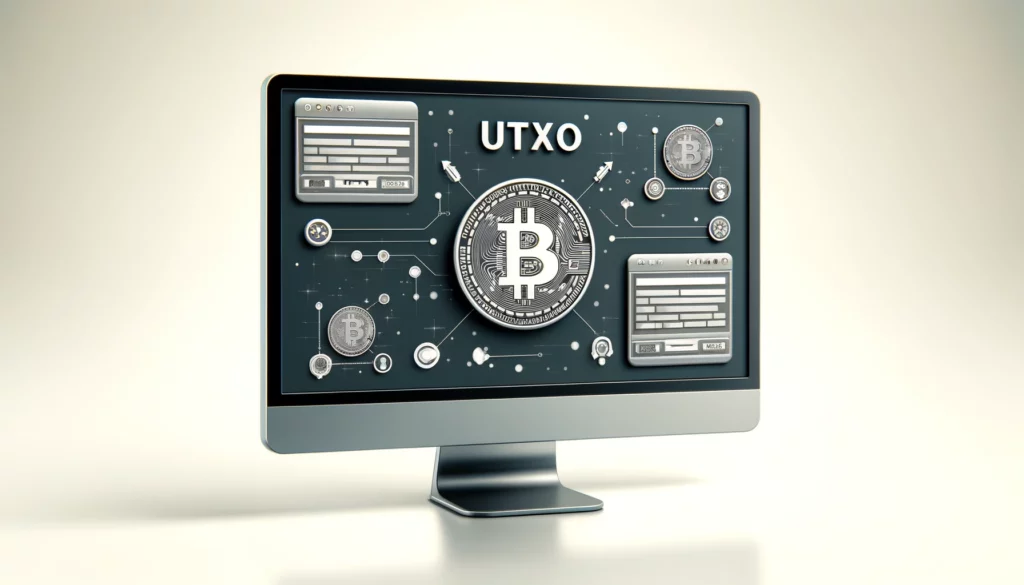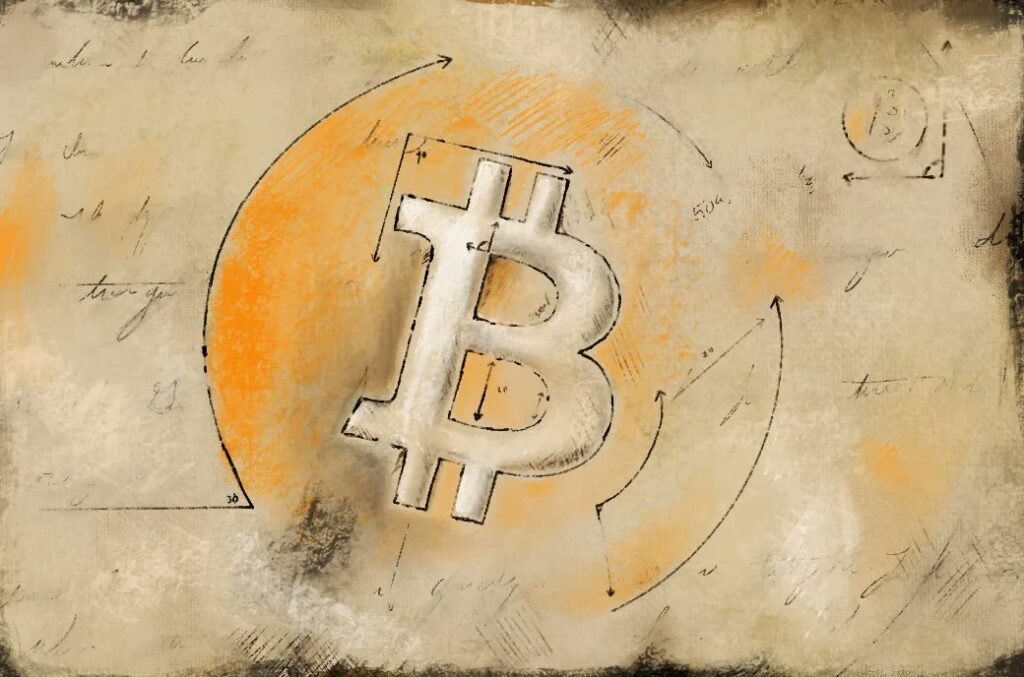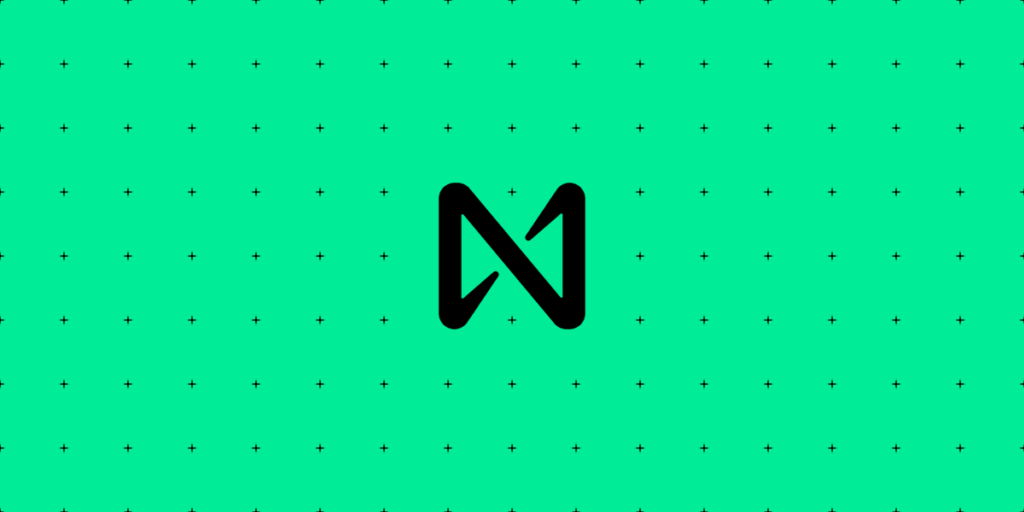Algorand, driven by the innovative vision of its founder Silvio Micali, emerges as a revolutionary blockchain. Launched in 2019, this project aims to redefine the standards of the blockchain ecosystem by prioritizing speed, carbon neutrality, and security. Let’s explore together the key aspects of this platform, which embodies a resolutely modern and efficient approach.

What is Algorand?
🔹 Algorand Foundation and Ecosystem Management
Algorand’s dynamics revolve around the Algorand Foundation, an entity dedicated to the overall growth of the ecosystem. This foundation assumes crucial responsibilities such as managing finances, cryptographic research, and promoting network decentralization, including its nodes.
🔹 Algorand Blockchain
➮ Transaction Speed
@Algorand breaks speed norms with an average transaction time of just 4.5 seconds. This exceptional speed offers a smooth and competitive user experience in the blockchain universe.
➮ Carbon Neutrality through Pure Proof of Stake (PPoS)
By adopting the innovative concept of PPoS, Algorand positions itself as a green blockchain. PPoS, an evolution of the traditional proof of stake, minimizes energy consumption by eliminating the need for miners, thus enhancing the network’s carbon neutrality.
➮ Solving the Blockchain Trilemma
Algorand tackles the blockchain trilemma, theorized by Vitalik Buterin. It aims to reconcile security, scalability, and decentralization, thereby establishing a new standard of efficiency in the field.
➮ Developer Portal for Developers
Continuing its commitment to user-friendliness, Algorand provides developers with a “Developer Portal.” This dedicated space offers all essential tools, encouraging the development of applications on the platform using languages such as Java, JS, C++, and Python. This accessibility enhances the vitality of the Algorand ecosystem.
The Byzantine Generals Problem
🔹 Problem Definition
The “Byzantine Generals Problem” poses the crucial question of the reliability of information transmission when actors must coordinate an action while being subject to disruptive elements, represented here by “traitorous generals.” It involves ensuring consensus on accurate information despite the presence of malicious sources.
🔹 Application in the Context of Algorand
Transposed to the context of Algorand, this problem is of paramount importance to ensure the security of the network. Within the framework of PPoS, Algorand employs an advanced technique of decentralized Byzantine consensus, aiming to directly involve ALGO token holders in securing the network.
🔹 Pure Proof of Stake (PPoS) Process
➮ Random Selection of Participants
Any online user can be randomly chosen to participate in the consensus. This selection, based on the number of ALGO tokens held, promotes proportional and fair participation.
➮ VRF Calculation for Block Creation
Upon the appearance of a new block, a seed randomly determines which users will participate in the consensus. The Verifiable Random Function (VRF) performs a verifiable random calculation, generating a proof of security. This proof ensures that the chosen participants are legitimate for creating the new block.
➮ Validation by a Committee of Voters
Once proposed to the blockchain, the block is subjected to a committee of voters. If at least 2/3 of this committee follows the protocol, the block is certified. This approach ensures the integrity of the network by avoiding centralization while ensuring security through participant diversification.
Algorand Network Architecture
🔹 Relay Nodes and Consensus Nodes
Algorand’s architecture features two essential types of nodes: relay nodes and consensus nodes. Relay nodes, acting as hubs, maintain connections with various other nodes and play a central role in propagating information. In parallel, consensus nodes, predominantly connected to relay nodes, hold the keys necessary for the consensus process.
🔹 Decentralization and Scalability
Algorand tackles the delicate challenge of combining decentralization and scalability. To maintain rapid propagation speed, the network relies on relay nodes with high-speed connections. This approach avoids reducing block size or increasing latency, thus preserving fast transactions.
🔹 Security through Geographic Diversification of Relay Nodes
Network security is enhanced by the geographic diversification of relay nodes. Organizations located in different countries host these nodes, creating high resilience against potential attacks. Universities, financial infrastructure providers, and non-profit organizations contribute to this diversity. This global dispersion provides increased security and makes attacks more challenging to execute, ensuring the robustness of the Algorand network.
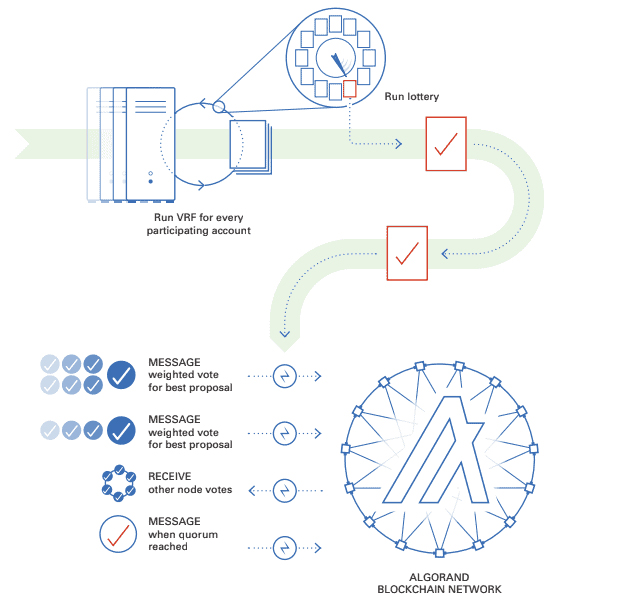
Utility of the ALGO Token
🔹 Role of ALGO in the PPoS Protocol
ALGO, the native cryptocurrency of Algorand, plays a central role in the PPoS protocol. Users actively participate by staking their ALGO to support the secure operation of the network. This incentive mechanism, based on ALGO holdings, contributes to the integrity of the consensus by encouraging user participation.
🔹 Governance Token and Governance Periods
Beyond its role in the protocol, ALGO is also a governance token. ALGO holders have the power to participate in crucial decisions regarding the evolution of the Algorand ecosystem. At regular intervals, during quarterly “governance periods,” ALGO holders can vote on protocol change proposals. This democratic system ensures a voice for the most engaged users and contributes to the platform’s evolution.
🔹 Use as a Transfer Currency
Practical for everyday use, ALGO also serves as a transfer currency. Thanks to PPoS, which maintains extremely low transaction fees, users can transfer minimal amounts, such as 0.0001 ALGO. This functionality makes it an attractive option for fast and economical transfers, expanding the use cases of ALGO beyond its role as support for the protocol.
🔹 More Detailed Tokenomics
- Here’s an image of the token distribution pie chart + link for more info : Algorand Tokenomics
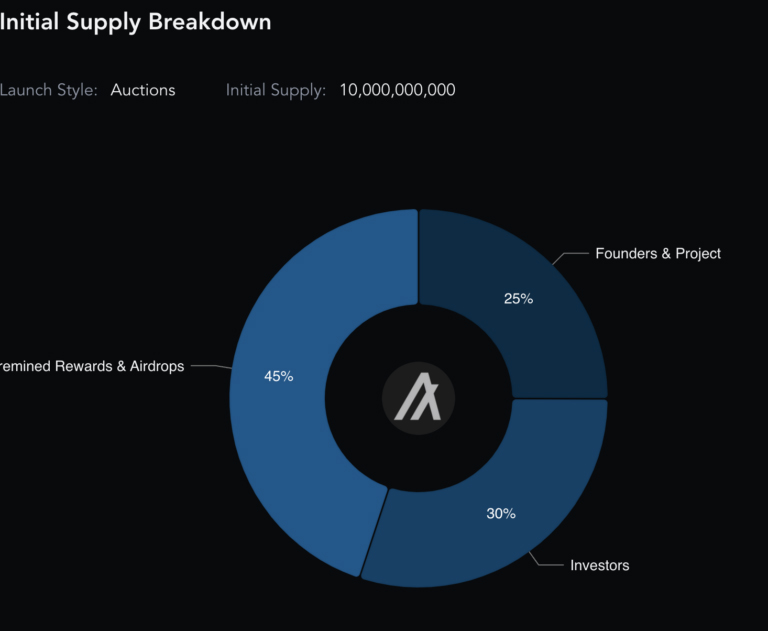
- By visiting the link below, you’ll find the token distribution schedule for $ALGO : Algorand Token Distribution
- At the genesis of the Algorand blockchain, 10 billion ALGO were issued. As of January 2024, the circulating supply is approximately 9 billion Algos, distributed through various forms of ecosystem support and community incentives. The remaining Algos are held by the Foundation in secure wallets. Currently, nearly 96% of ALGO tokens are unlocked, indicating a favorable tokenomics situation.
In conclusion, Algorand emerges as an innovative force in the blockchain space, offering speed, carbon neutrality, and security. The PPoS protocol, the geographical diversification of nodes, and the utility of the ALGO token demonstrate the project’s commitment to efficiency and inclusion. With a visionary founder, a diverse team, and a strong ecosystem of partners, Algorand is charting a promising trajectory in the evolution of the blockchain landscape.
